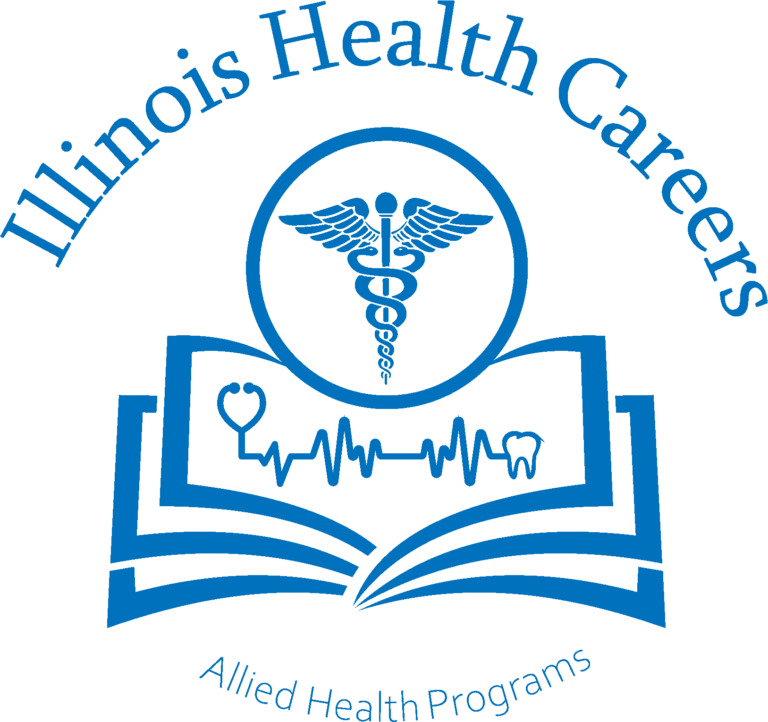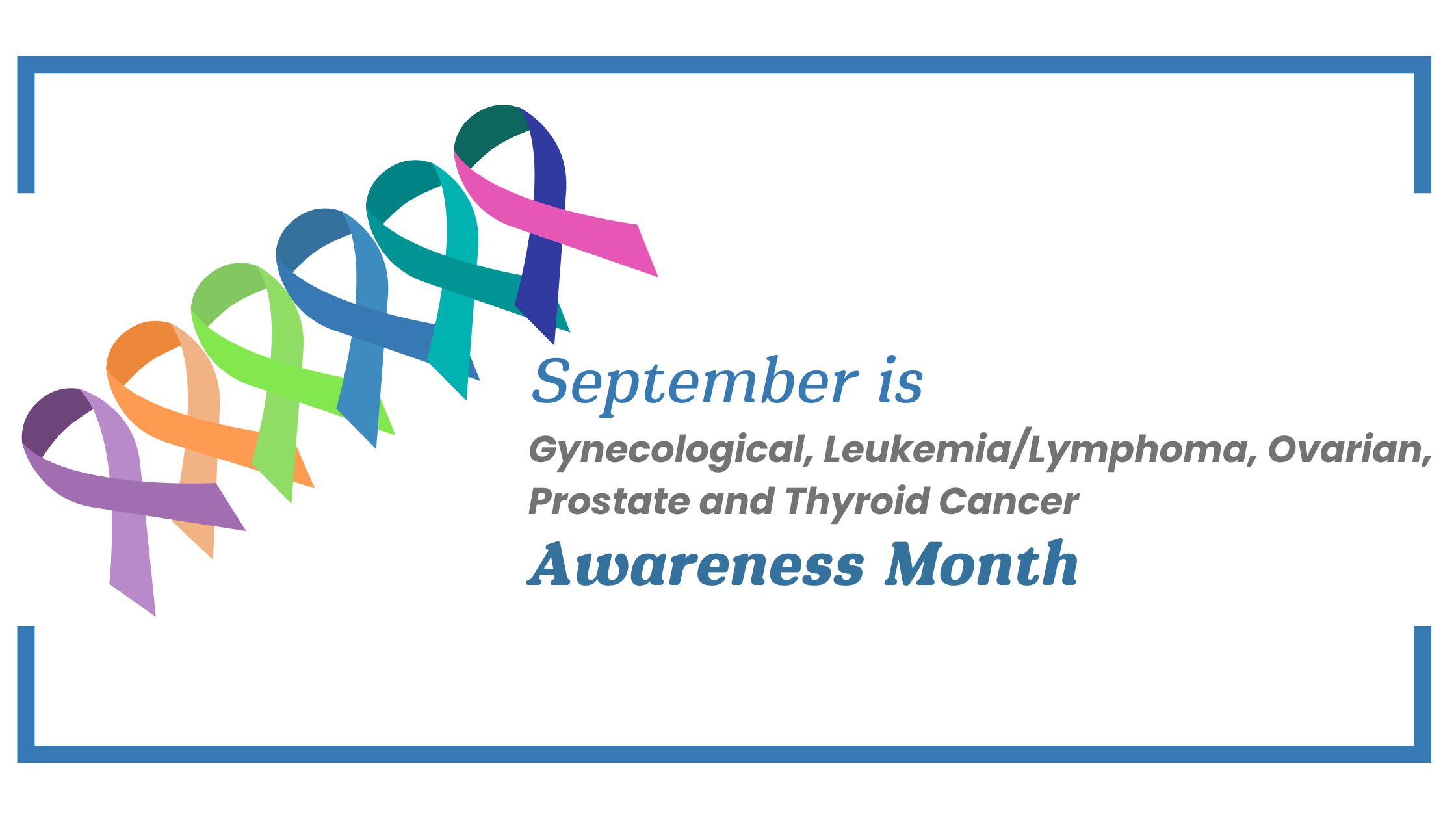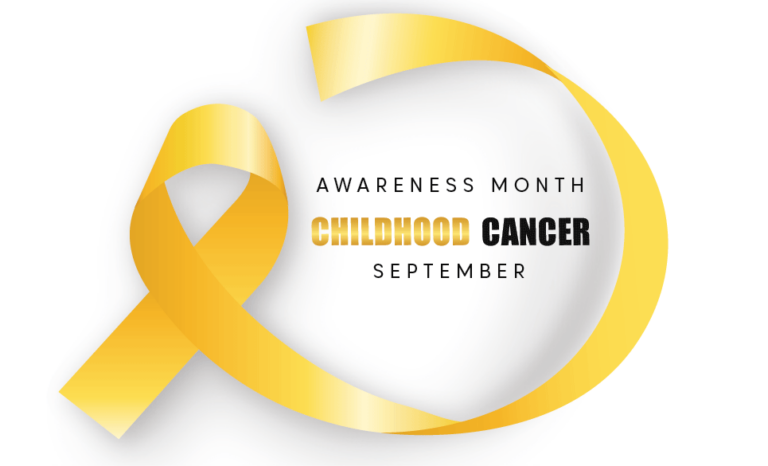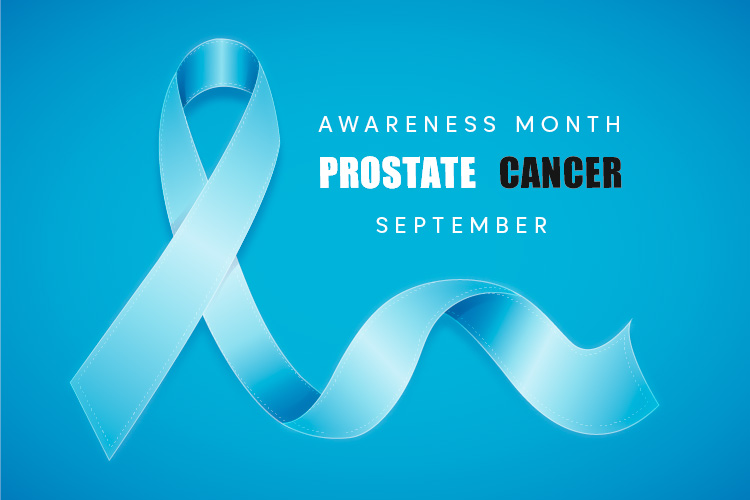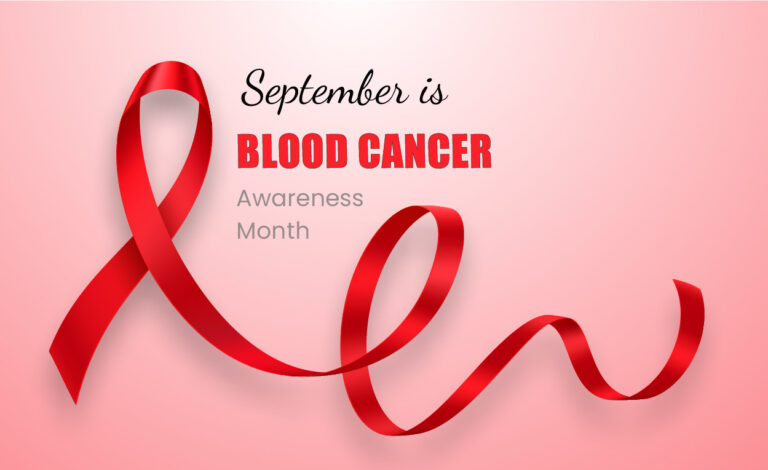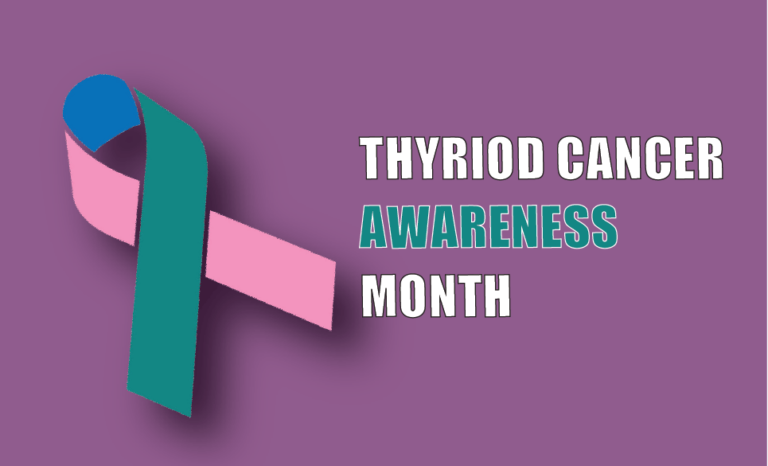Cancer refers to a large number of diseases characterized by an abnormal growth of cells, which end up stacking an alarming number of mutations. The WHO recognizes cancer as the leading cause of death worldwide, accounting for around 10 million deaths in 2020.
As such, September is the awareness month for multiple cancer types, including blood, ovarian, childhood, prostate, and thyroid cancer, among others. According to the American Cancer Society:
- Leukemia, a type of blood cancer, has accounted for nearly 24,000 deaths this year, and approximately 60,650 new cases were also reported.
- An estimated 10,470 children in the U.S under 15 years will be diagnosed with cancer in 2022. Excluding accidents, childhood cancer is the leading cause of death in children aged between 1-14.
- 2022 projections estimate nearly 19,880 women will receive an ovarian cancer diagnosis, and about 12,810 women will die from the disease. It is more common in white women than those of African descent and ranks fifth in cancer deaths among women.
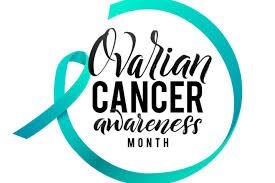
It’s crucial to get tested for cancer. Early diagnosis is focused on detection in symptomatic patients to increase the odds of survival. Delayed cancer care lowers the chance of survival, increases medical costs, and results in medical complications. Cancer screening is one of the first steps in disease prevention.
Oncologists and healthcare professionals typically order different blood tests to detect early signs of cancer. The blood is generally drawn by a phlebotomy technician or a medical assistant , medical professionals that assist doctors in hospitals and clinics.
Illinois Health Careers, An Allied Health care vocational college has initiated a new Phlebotomy Technician Program to train prospective students to work in hospitals, labs, blood banks, and other medical facilities. It’s also an approved testing center for the National Healthcare Association and provides certification training to students to sit for the CPT exam.
